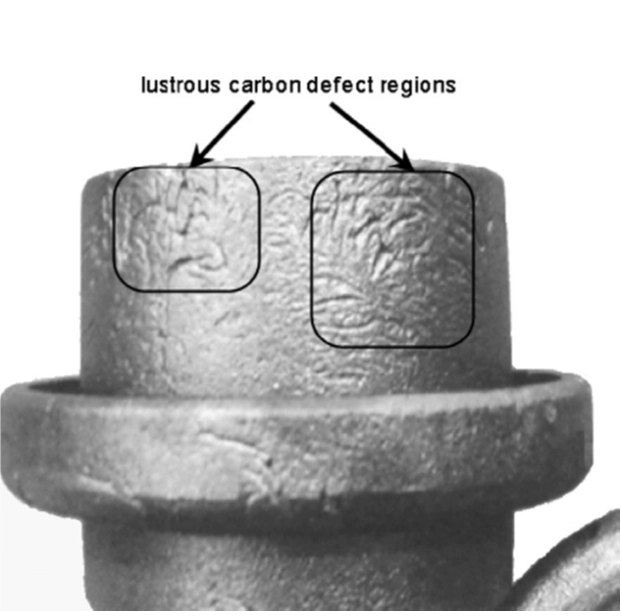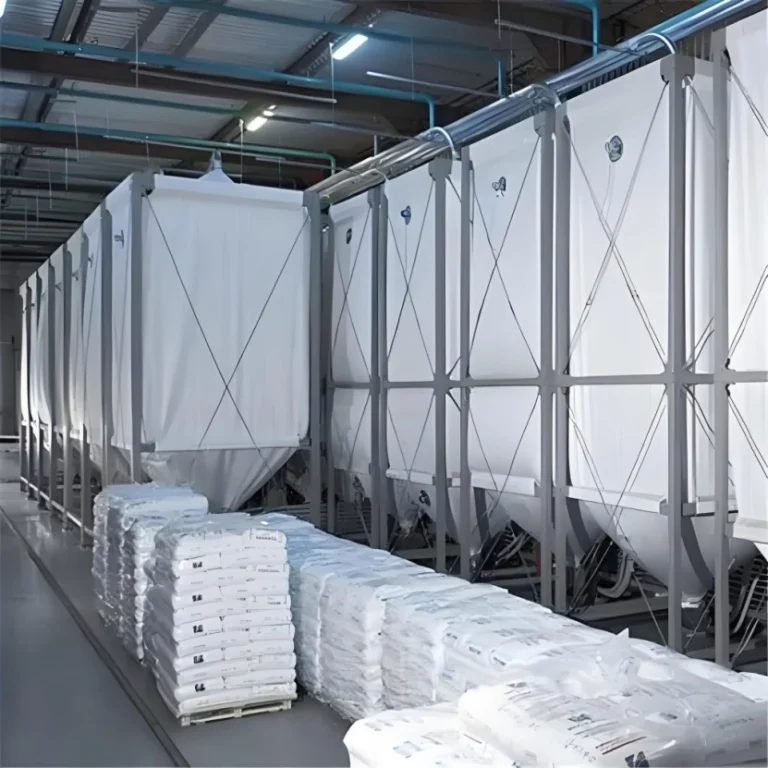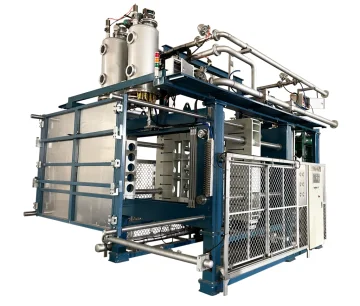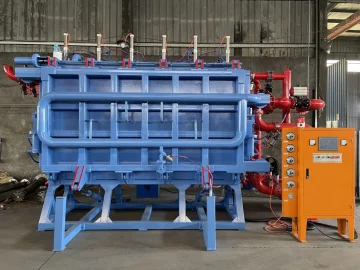Expanded Polystyrene (EPS) has been a vital material across industries such as packaging, construction, and automotive, known for its lightweight, durable, and insulating properties. The production of EPS products involves a sophisticated series of processes and specialized equipment that ensures the quality and efficiency of the final product. In this blog, we’ll take a closer look at the EPS products processing technology and the associated production line, providing valuable insights for businesses seeking reliable and compliant EPS equipment suppliers.
Understanding the EPS Production Line
The EPS production process consists of several key stages, from raw material expansion to the final product’s shaping and finishing. Each stage requires specialized machinery and expertise. Below is an in-depth exploration of the process:
Pre-Expansion: The Heart of EPS Manufacturing
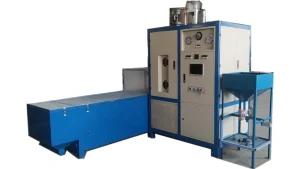
Pre-expansion is the first and most crucial step in the EPS production process. During this phase, polystyrene beads are expanded using steam in a pre-expander machine. This process involves the activation of a blowing agent, usually pentane, causing the beads to expand up to 40 times their original size. The expanded beads acquire the characteristic air pockets responsible for EPS’s lightweight and thermal insulation properties.
The pre-expansion process is vital for controlling the density of the final EPS product. By adjusting the steam pressure, temperature, and expansion time, manufacturers can create EPS beads with different densities and cell structures suitable for various applications.
Maturation: Allowing the Beads to Stabilize
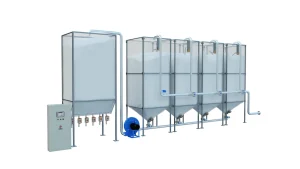
After that, the beads are sent to a maturation silo for aging some time and stabilizing. This is because the expanded beads must cool down and stabilize. They have to reach a constant size and density. During this stage, partial diffusion of gas inside the beads and penetration of air take place, preparing them for molding.
Maturation helps release internal stresses as well as allows the expanded beads to be moulded uniformly, ensuring consistency in their shape and size.
Molding: Shaping EPS Beads into Desired Forms
With the maturing process complete, the beads enter into the mold section. There exist two main moulding processes in producing EPS:
Vertical Block Molding: In this method, the expanded beads are fed into a vertically positioned mold, where steam is introduced from the bottom to expand and fuse the beads. This technique is ideal for producing denser EPS blocks.
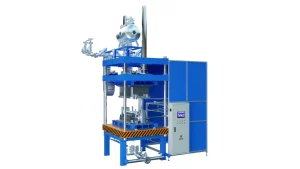
Horizontal Block Molding: In this process, the beads are allowed to fall in a horizontal movable mold. The same, after expansion by steam gets compacted to achieve the same density in the plate, the said process is used more in producing less dense blocks .
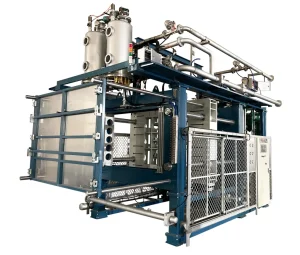
Cooling and Demolding: Solidifying the EPS Block
Cooling down after molding is important to make the block of EPS solid and not deformed. Cooling by air or water, whichever is deemed necessary for the product, should be applied accordingly. Blocks must be carefully removed from molds after cooling down to keep their desired shape.
Cutting and Shaping: Precision and Flexibility
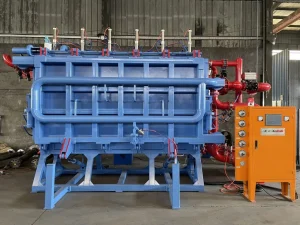
The block of EPS is taken out of the mold and is ready to be cut and shaped into the final product. Usually, it is cut by hot wires, electrically heated wires melting and cutting the EPS with high precision. Saws or CNC machines are employed when doing so requires thicker cuts or intricate shapes that necessitate exact measurements.
CNC machines are automatic, more accurate, and efficient, especially in the production of complex shapes in large volumes. This process is of great importance in the making of customized EPS products for meeting specific market demand.
Finishing: Enhancing Performance and Appearance
Finishing is by no means always a necessary process; however, it may be considered an integral part of the whole EPS production process in many situations. Depending on the application of the product, different materials could be coated onto the product for additional protection or aesthetic look. For example, the coating may be administered to enhance the strength and rigidity of molds in lost form casting.
Apart from coating, lamination is at times used to glue more than one EPS piece together for greater strength and versatility of the product.
Packaging: Safe Storage and Transportation
Finally, the finished products in EPS are then packed carefully for safe storage and transportation. Proper packaging of the products protects them during transport from possible damage, moisture, and contamination.
Key EPS Equipment: Essential for Efficient Production
Various manufacturers use special equipment that optimizes efficiency, product quality, and speed of production to support the different steps in the production of EPS. The main equipment used in the production of EPS includes:
Pre-expander Machines: these machines are important in blowing the polystyrene beads into the size and density that best suits one’s purpose. These work either in continuous or batch process, depending on the scale of production. In some pre-expander machines, the electronic weighing systems ensure density control for consistency in the final product.
Shape Molding Machines: These machines are responsible for shaping the expanded EPS beads into their final forms. Most of them use steam and advanced valve systems that allow for efficient usage of steam, thus providing higher-quality molds.
Block Molding Machines:Block molding machines produce large blocks of EPS which can later be cut into various sizes and shapes. This process demands great precision in temperature and pressure during the steam treatment to ensure regularity and stability in the finished product.
Cutting Machines: These are the CNC cutting systems used in the cutting of blocks of EPS into various shapes and sizes with high degrees of accuracy. Hot wire cutting machines are also highly utilized in making smooth and accurate cuts.
Coating Machines: These machines apply protective coatings to EPS products, enhancing their durability and appearance.
Advanced EPS Processing Technologies: Innovation and Automation
Intelligent and automatic technologies have completely changed the industry of EPS. Advanced PLC-controlled machines, such as a Vertical PLC Hydraulic Forming Machine, use a computer system that stores molding parameters for various production processes. Therefore, the quality is highly consistent. Designs allow for easy monitoring and analysis at each molding circle; hence, important insights for the manufacturer, with the possibility to potentially reduce waste and energy consumption
Besides, such pre-foaming automated systems help attain high-quality beads with precision, saving production time. Moreover, each is supplemented with energy-saving air dryers for low consumption and sustainable manufacturing.
Hangzhou Ouchen Technology Co., LTD: A Trustable Supplier of EPS Machinery
Hangzhou Ouchen Technology Co., LTD is a reliable supplier of high-class EPS equipment, mainly for those companies that have a professional line in lost foam casting. Situated in the Fuyang District of Hangzhou, this company enjoys a good reputation in advanced automation solutions and top-grade EPS production equipment.
Product Portfolio of Hangzhou Ouchen Technology:
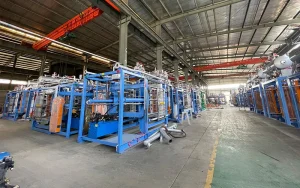
Hangzhou Ouchen Technology offers vertical PLC hydraulic forming machines and horizontal forming machines, which provide the facilities of increasing precision, speed, and uniformity in molding products. These are designed with the use of advanced technology, consuming less energy and giving better steam efficiency.
Pre-Foaming Machines: The company’s fully automatic pre-foaming machines introduce electromagnetic heating and fluidized drying beds to maintain consistent conditions of foaming, with no dead bead production. Such equipment is designed for the production of quality EPS products targeting various industries, including packaging and construction.
Air Dryers: Top-mounted, rear-mounted, and indoor air dryers give Hangzhou Ouchen Technology diversity of actions when approaching materials for processing. These dryers maintain a consistency of the foaming environment very essential for uniform quality production of the EPS.
Maturation Silo : The maturation silos from Hangzhou Ouchen ensure appropriate conditions for aging pre-expanded beads with constancy in the quality of the product.
Why Choose Hangzhou Ouchen Technology:
High-End Automation: Their equipment integrates intelligent automation for precision, efficiency, and minimal downtime.
Energy-Efficient Solutions: Their machines, focusing on energy saving, contribute to economizing steam consumption and waste, adding to the reduction of operation costs.
Advanced Technology: Forefront in manufacturing technique of Hangzhou Ouchen Technology EPS, using high-quality branded components for durability and reliability
Such EPS machines are also assured of reliability and efficiency with good quality from Hangzhou Ouchen Technology Co., LTD, complemented with superior solutions in regards to various requirements of the industrial sectors.
Conclusion
The products made by EPS form the basis of several applications; meanwhile, the technology to process it involves multiple complicated procedures which are critical in producing high-quality products. The company should therefore understand the main stages of production of EPS, apply advanced equipment and technologies, increase the efficiency and productivity of their production lines. Hangzhou Ouchen Technology Co., LTD is a trusted supplier of innovative EPS equipment for businesses in implementing technologies that can help meet the increasing demand for the product in several industries.

